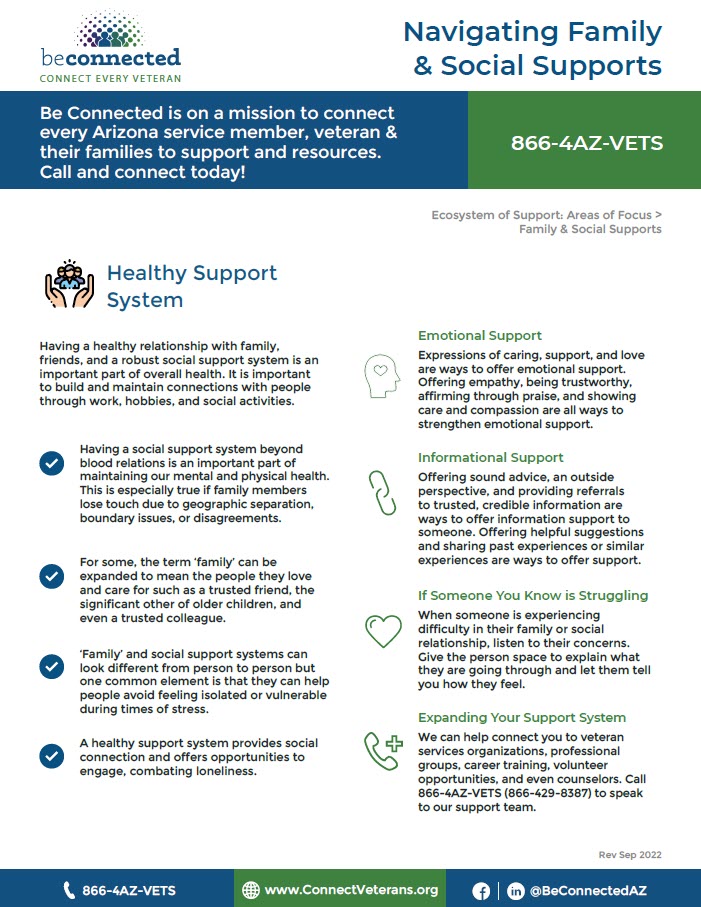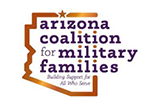Explore the 10 Areas of Focus within the The Be Connected Ecosystem of Support

People may lose touch with family for a number of reasons. The first step in reconnecting with someone special is to understand what happened to cause the distance. There are usually two situations in estrangement cases: difficult relationships or unsolved issues that have yet to be worked through. In both cases, it may have been healthier for someone to leave the relationship than continue it, or a situation that was never worked through.
Taking the time to work out the issues that caused the estrangement will be crucial. If it was an incident that caused the breakdown, it is important to accept your part of the responsibility for it. You can do this with the help of a therapist or by talking with friends or other family members. If it’s a scenario where someone does not want to talk to you further, then encourage them to find a support system/ “family” through close friends, mentors, a partner’s family, etc.
Be patient. Accept emotional support and reassurance from friends, colleagues, peers, and professionals. Many want to offer help because they care about you, but may not know how to. Let them know what they can do to support you, or inform them you will seek help when ready. Look after yourself, and make sure you don’t become unwell in your situation.
Family & Social Supports FAQs
- Understand that people take time to change. Change won’t happen overnight, be patient.
- It’s ok to feel overwhelmed, but also be sure to know how to manage those feelings.
- Be mindful of others. Do not bring up stuff that is hard for your family member, for example, drug addiction. Please make sure they’re comfortable with talking about it first.
- Do not force others to be there for you. People are busy, and if you need someone to do something at this very moment, more likely than not, they have something to do. Accept this and either attempt it yourself or find another person.
- Keep calm. Some people thrive in chaos, and the best way to shut it down is not to react. If a family member is difficult, ignore them. They will get the hint and stop eventually.
Many resources in the state of Arizona offer help, including community, government and military benefits. However, these systems can be complex and overwhelming to work through, especially when seeking a resolution to an immediate need. Be Connected uses a resource matching tool to help find the right information and resources that best fit your situation. Please call 866-429-8387 for additional assistance.
The ten areas of focus include Basic Needs, Employment, Family & Social Supports, Finances & Benefits, Higher Education, Housing & Homelessness, Legal, Mental Health & Substance Abuse, Physical Health and Spirituality.
Click here to view the other 10 Areas of Focus Be Connected can help with!





